It’s only a few weeks to Tax Day 2019.
So, once again millions of Americans are working to get their tax returns done and filed by April 15. And millions more are expecting to request an extension to file.
If you’re an individual taxpayer who files a Form 1040 or one of its related Forms (i.e., Form 1040A or 1040-EZ), you know that the deadline to file your 2018 tax return and pay your taxes this year is April 15, 2019.
But, what if you’re not going to be ready to file your return by April 15? Or maybe you’re like a lot of other Americans and you just prefer to request an extension to file, getting an extra 6 months to get your tax return ready for filing with the IRS. Of course, don’t forget that an extension to file your return is not an extension of your obligation to pay your taxes. You need to make sure you’ve paid your 2018 taxes by the April 15 deadline whether or not you file your return or request the automatic 6-month extension.
You can request an automatic extension to file your 2018 Form 1040 by filing a Form 4868 with the IRS on or before the deadline for filing your return (i.e., on or before April 15 this year).
But what if you are a shareholder in an S corporation? Maybe, some or all of your taxable income comes from wages and profits from an S corporation that you own either alone or with other shareholders. If you are the sole shareholder of an S corporation or you jointly own an S corporation with your spouse, you may think that by timely requesting an extension to file your Form 1040 and by timely paying all the taxes you owe for your 2018 individual taxes, you’ve done all you need to do. After all, an S corporation is generally not a taxpaying entity, but merely a pass-through entity. An S corporation is required to file a Form 1120-S each year, but it is only an information return.
You may think that you can simply file your S corporation’s Form 1120-S at some point prior to the expiration of your automatic extension to file your Form 1040 since all of the income you receive and are allocated from your S corporation will show up on your Form 1040.
But you would be wrong.
Although your S corporation may be only a pass-through entity AND although it’s tax return is only an information return AND although you report all of the income that you receive from the S corporation on your individual tax return AND although you have received an automatic extension to file your Form 1040 by timely filing a Form 4868 on or before April 15, you have not taken all the steps you need to take if you have an S corporation.
If you are not going to file the Form 1120-S by its filing deadline, then the S corporation must also request an extension to file its return, even though the S corporation only files an information return and all of its profit will be reported on the shareholders’ individual tax returns. An S corporation requests an automatic extension to file by timely filing a Form 7004. Of course, the filing deadline for 2018 returns by S corporations is already past this year. The deadline for an S corporation to file its 2018 Form 1120-S (or requesting an extension) was March 15, 2019.
So what are the consequences for an S corporation failing to file its Form 1120-S in a timely manner or timely requesting an extension to file?
Section 6699 of the Internal Revenue Code sets forth a penalty for late filing of an S corporation’s tax return. In effect, the penalty is $195 multiplied by the number of shareholders multiplied by the number of months or portions of a month that the tax return is late. So, if you were to file your S corporation’s 2018 Form 1120-S on April 15, 2019, the return would be late by 2 months or portions of a month (i.e., part of March and part of April). If you are the sole shareholder, the penalty under Section 6699 would be $390 (i.e., $195 x 1 x 2).
So, the moral of the story is this: if you have an S corporation, don’t forget to either file its tax return in a timely manner or make a timely request to extend the time to file its tax return. If you’re not going to file your Form 1040 by April 15 this year, by all means pay all the taxes you owe by April 15 and make a timely request by April 15 for an automatic extension to file your Form 1040. But, don’t forget that your S corporation has a return filing requirement as well. If you’ve failed to file your Form 1120-S by March 15 this year, file it as soon as you can to minimize the Section 6699 penalty you will owe for the late filing of the S corporation’s Form 1120-S.
For more information, read the U.S. Tax Court case of ATL & Sons Holdings, Inc. v. Commissioner of Internal Revenue, which was released by the Court on March 13, 2019. Click here to read.
